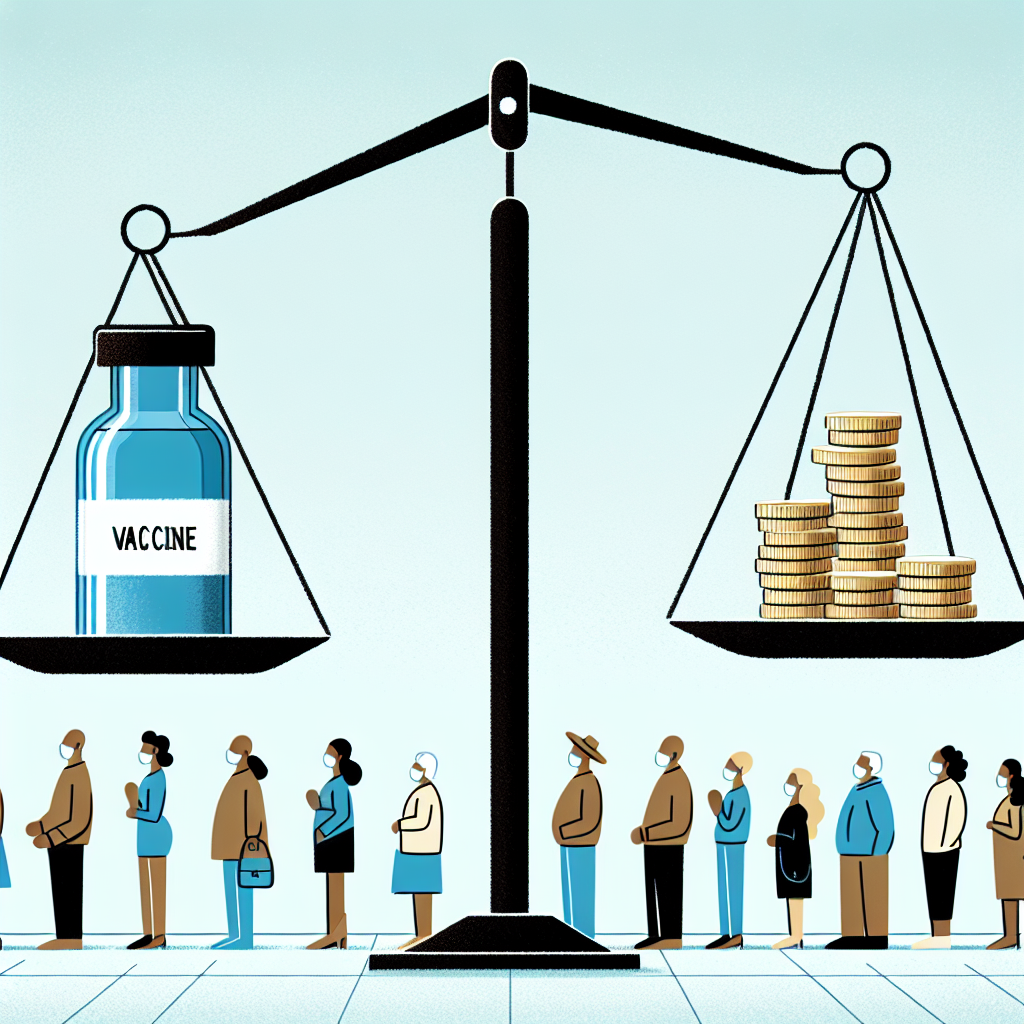
Vaccine Pricing and Public Health. It’s Complex!
Vaccine pricing is a complex issue that greatly influences public health policies and accessibility around the world. Recent discussions about pricing structures, particularly following new policies and government actions, have made this topic increasingly relevant.
Understanding Vaccine Pricing
The pricing of vaccines is influenced by a variety of factors, including research and development costs, manufacturing expenses, and distribution logistics. Regulatory requirements and safety testing also play significant roles in determining the final cost. Additionally, the competitive landscape in the pharmaceutical industry, market demand, and negotiations with governments and health organizations contribute to the pricing structure. Other important considerations include the scale of production, the availability of raw materials, and the need for post-market surveillance to ensure ongoing safety and efficacy.
According to a report by the National Academies Press, these costs contribute to the overall price that ultimately affects the end consumer. The cost escalation in vaccine pricing can lead to increased healthcare premiums, potentially affecting both employers and individuals who may be forced to drop health insurance coverage altogether.
Government and Insurance Policies
The CDC’s Vaccines for Children (VFC) Program exemplifies how governmental intervention can mitigate the costs of vaccines for younger populations by offering them at reduced or no cost to low-income families. Programs like VFC are crucial in creating equitable healthcare ecosystems, ensuring that all children, regardless of their socio-economic backgrounds, receive necessary immunizations.
Additionally, the pricing strategies of vaccines can be shaped significantly by governmental and private insurance policies. For instance, the Medicare pricing model considers various factors, such as average wholesale prices (AWP) and the settings in which vaccines are administered, including hospitals or outpatient departments, which can influence the price point for end-users (CMS).
Public Policy and Healthcare Cost Management
The increasing costs of healthcare and the allocation of expenses within healthcare systems continue to be a critical discussion point among policymakers. According to the Kaiser Family Foundation, there has been a rising trend in healthcare costs, with hospital and physician services witnessing significant expenditure growth. Such trends underscore the need for comprehensive public health policies that not only address the cost of vaccines but also ensure the efficient allocation and management of healthcare resources.
The Way Forward: A Balanced Approach
It is essential for governments and health organizations to adopt a balanced approach that considers both the economic and public health impacts of vaccine pricing. By striving for more transparent pricing strategies and improving the efficiency of vaccine delivery systems, we can potentially reduce the rising costs associated with healthcare.
Additionally, investing in programs that subsidize vaccine costs and promote equitable access to healthcare services is crucial for overcoming the challenges posed by high vaccine prices. These measures will not only enhance public health initiatives but also ensure that everyone, regardless of their financial situation, can receive the immunizations they need.
As we advance in healthcare and public policy, a collective effort to manage vaccine pricing can transform the public health landscape, paving the way for a healthier and more equitable world.



